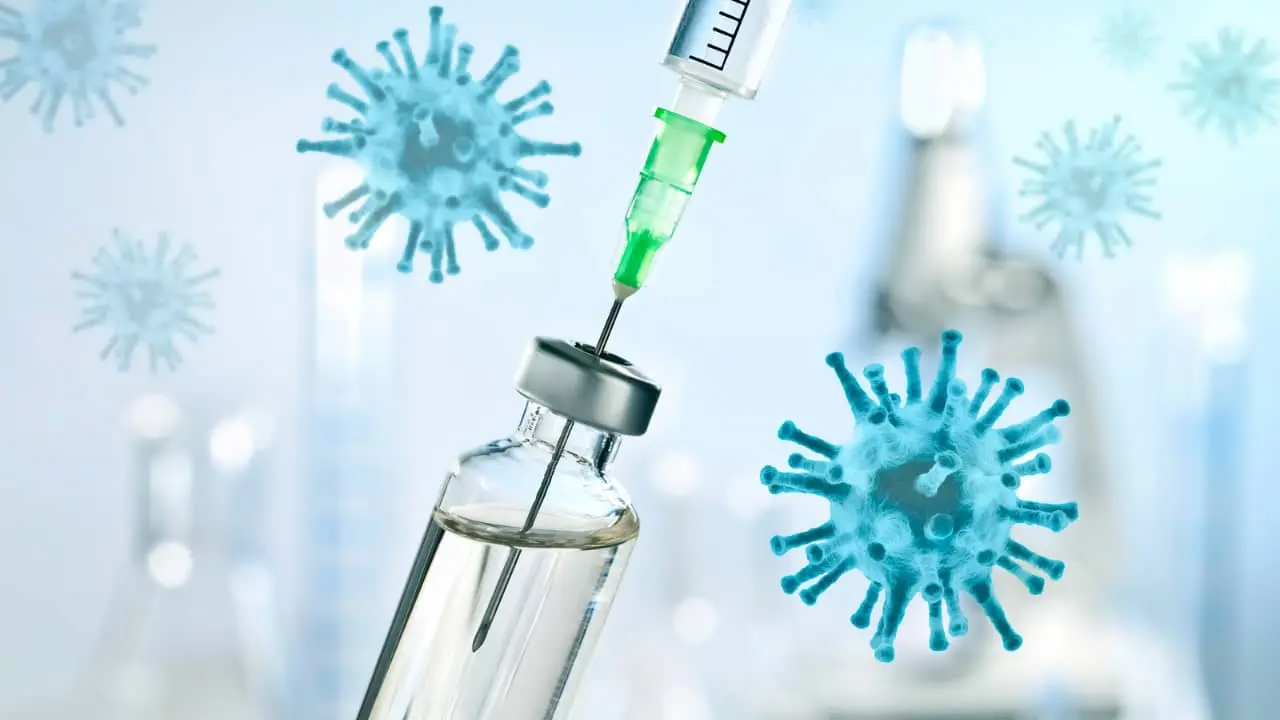Banaras Hindu University Study Raises Concerns Over Covaxin’s Adverse Effects

Covaxin Linked to Increased AESI Risks in Adolescents and Allergy History Patients
Desk Report, May 18, 2024: A recent investigation led by Banaras Hindu University has ignited concerns regarding the heightened risks of adverse events of special interest (AESI) subsequent to the administration of Covaxin, India’s homegrown COVID-19 vaccine. Published on SpringerLink, this observational study underscores the pressing need for meticulous monitoring and further probing into the potential side effects associated with the vaccine.
According to a report by “The Economic Times”, the study, encompassing 1,024 participants including 635 adolescents and 291 adults, monitored over a year-long period, disclosed that nearly one-third of the subjects experienced AESIs following vaccination. Notably, 47.9% of adolescents and 42.6% of adults reported incidents of viral upper respiratory tract infections.
AESIs comprise specific conditions or incidents potentially linked to vaccination, encompassing but not limited to anaphylaxis, myocarditis, and thrombosis with thrombocytopenia syndrome (TTS), marked by blood clot formation and diminished platelet counts. Medical experts underscore the necessity for rigorous monitoring and additional investigation to substantiate these findings.
The study documented various AESIs, spanning from skin and subcutaneous disorders to nervous system disorders, in addition to common adolescent conditions such as musculoskeletal disorders, menstrual abnormalities, and hypothyroidism. Although severe AESIs were infrequent, they included stroke and Guillain-Barre syndrome, affecting 0.3% and 0.1% of participants, respectively.
Furthermore, the research highlighted that females and adolescents with a history of COVID-19, comorbidities, or post-vaccination typhoid faced significantly amplified risks of enduring AESIs, with odds escalating by 1.6, 2, 2.7, and 3.2 times, respectively.
Advocating for extended surveillance of vaccinated individuals, researchers emphasize the necessity to delve deeper into the trajectory and consequences of late-onset AESIs. “Focused monitoring for persistent AESIs is warranted for individuals with a pre-vaccination history of COVID-19,” the study accentuated. Additionally, it underscored that adults with comorbidities such as hypertension are at heightened risks of both AESIs and persistent AESIs following BBV152 (Covaxin) administration.
Covaxin, developed by Bharat Biotech and known as BBV152, is an inactivated vaccine employing a modified or inactive form of the SARS-CoV-2 virus, rendering it incapable of replication and thereby incapable of causing disease. Administered in two doses, the vaccine has exhibited an efficacy rate of 78% in clinical trials. Covaxin received emergency use authorization from India’s Central Drugs Standard Control Organization on January 3, 2021.
Also read: Lucknow Super Giants Conclude IPL 2024 with 18-Run Victory Over Mumbai Indians




